Finding Craft, Community, and Inspiration at the Moravian College Writers’ Conference
Students, alumni, members of the Moravian community, and aspiring writers from all over gathered at Moravian College on Friday and Saturday, Feb. 3-4, for the Moravian College Writers’ Conference. Attendees could choose to participate in various workshops, craft sessions, and talks throughout the weekend.
According to Joyce Hinnefeld, chair of the English department and founding director of the conference, there were approximately 115 participants in attendance for both Friday and Saturday’s sessions.
Hinnefeld said her goal for the conference was that students come away inspired on many levels. “My hope is that students are inspired one, by hearing from people who write in a serious and committed way, and two, even if you’re sci-fi and fantasy, you see responsibility to be engaged in the wider, social world with global and personal issues.”
Friday’s opening reception began at 6:30 p.m. with an introduction and reading by conference faculty, followed by book signings. At 9:00 p.m. there was a participant open mic.
The workshops and craft sessions were held on Saturday in various locations in the HUB. The workshops included those on fiction writing, nonfiction, poetry, and a documentary filmmaking. Craft sessions were offered for children’s/YA writing, nonfiction, and science fiction/fantasy.
Conducting the workshops were author Kate Brandes (fiction), Benjamin Cohen (nonfiction), Julia Kasdorf (poetry), and Avi Setton (documentary filmmaking).
Over lunch, keynote speaker, environmental writer and poet Alison Hawthorne Deming read an essay about humans’ sense of engagement, purpose, and inclusivity within the natural world.
“Writing doesn’t necessarily solve a problem but does create a safe place for people to fall in love with the earth and with each other,” Deming said. “We need to tell these stories about destruction and devastation. We could give people a vision of the world that makes us feel great about what we’re capable of. We must find our voice so that there’s motivation.”
Book signings were held after the lunch and keynote address. The craft sessions took place in the afternoon.
Craft session leaders included Paul Acampora for the children’s/YA session, Diane Husic and Mary Heather Noble for the nonfiction session, and Chuck Wendig for the science fiction/fantasy session.
Kate Brandes’ focus in fiction writing was on the power of setting and the emotional connection with the reader. Participants in her workshop looked at four different photographs as inspiration to write a scene based on the setting. The goal was to write about setting through the eyes of the characters and describe details that were emotionally important to the characters.
Brandes left the attendees with a strong parting message.“Writing is a craft. It does take time to do it well. Writing is doing.”
The nonfiction workshop examined the connection between the environment and people’s place between space and time.
“The framework of using place and the environment linking points in time as a narrative tool, not just as a nonfiction specific tool, was my favorite part,” said attendee Rob Sabo.
Attendees went outside to observe their surroundings and write a paragraph on the experience. They then repeated the exercise, but with a memory from childhood or adulthood, and compared how they wrote both paragraphs.
“The exercise forced us to look at how we perceive things in the past versus the future,” said sophomore Jonah Arndt.
The poetry workshop also asked participants to generate thoughts for writing by linking the past, present, and future.
The exercise involved listening to music, reading excerpts about the past while walking backwards, each participant thinking about their own past. They repeated the exercise, this time while moving forward and thinking about the future.
“I liked the free writing we did. I thought about my identity and how it relates to my mother and with all that together, exploring her own identity,” said English Department alumnus Jonathan Clark.
The final workshop surveyed the history of documentary filmmaking. Participants also formed groups and practiced filming each other while asking short, mock interview questions.
Finally, the conference concluded with a roundtable discussion, moderated by Joyce Hinnefeld, where conference presenters and keynote speakers answered questions and comments about their work and writing.
“I hope it’s inspiring to students and faculty. It’s important to hear from people who are teaching and doing other things, but putting writing at the forefront,” Hinnefeld said.


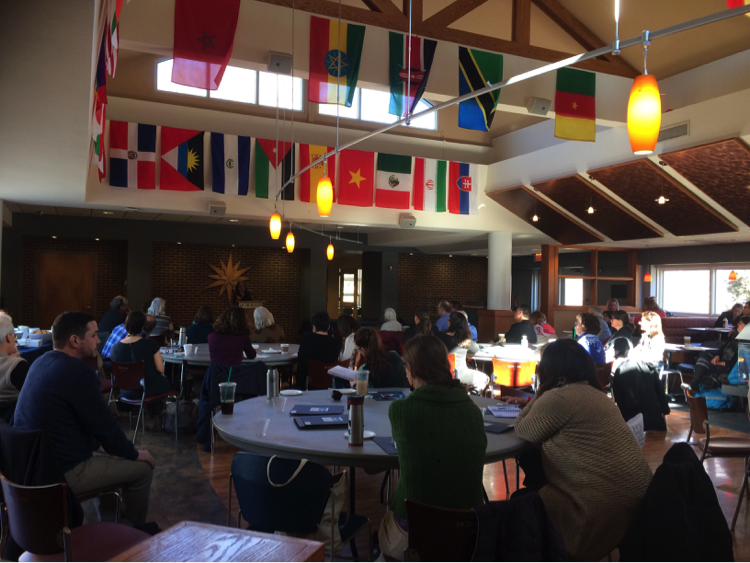

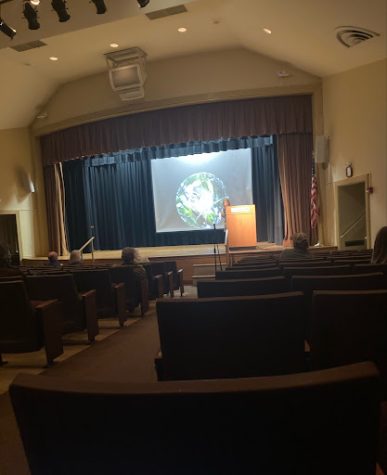
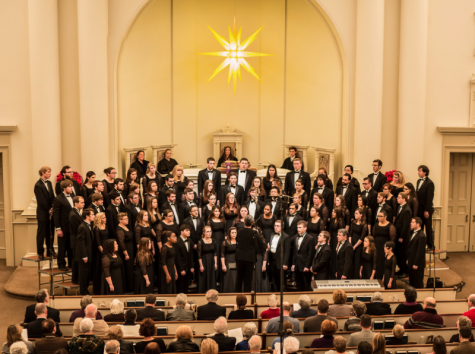
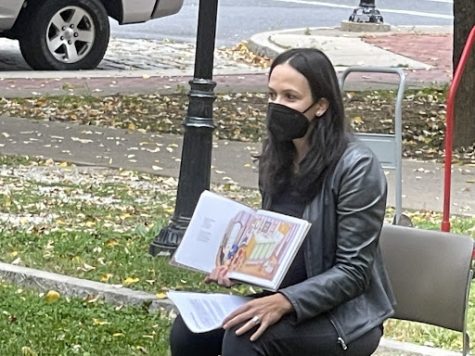
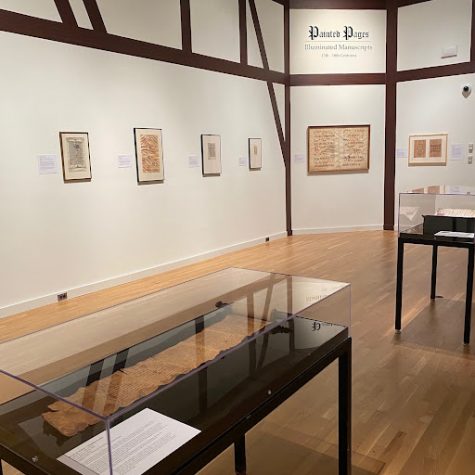
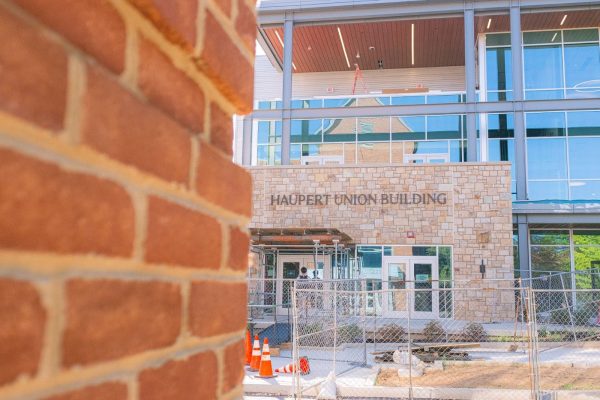
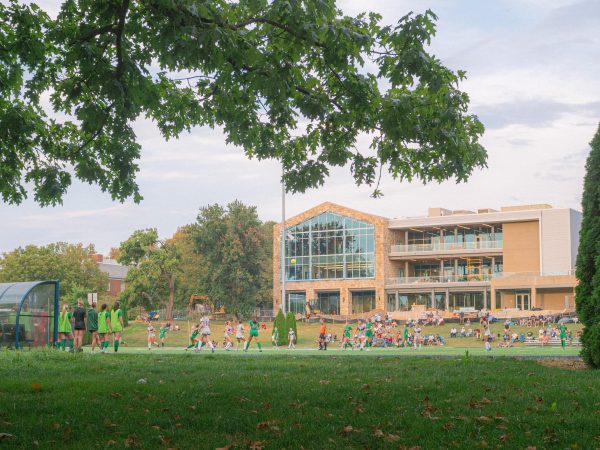
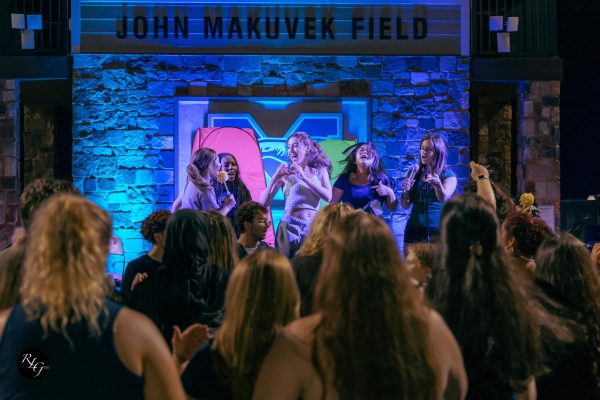
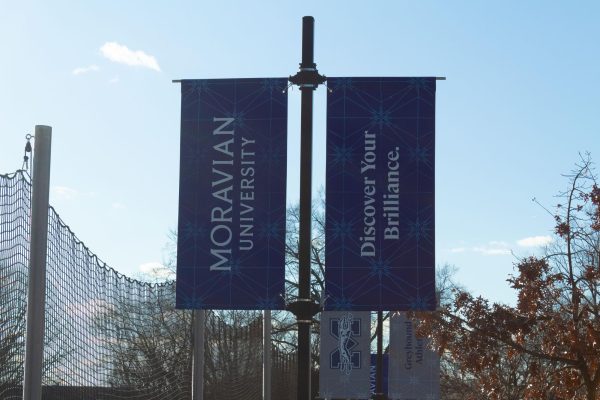
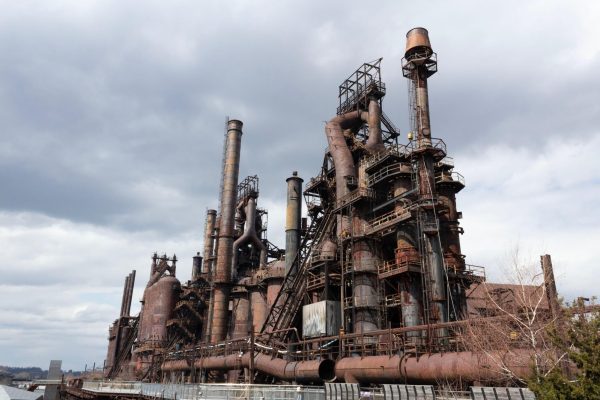
Tracy X Hartman • Mar 6, 2017 at 5:56 am
Please keep us posted on when the next one will be.
Joyce Hinnefeld • Feb 18, 2017 at 10:47 am
Thanks for this great coverage, Sara and The Comenian!